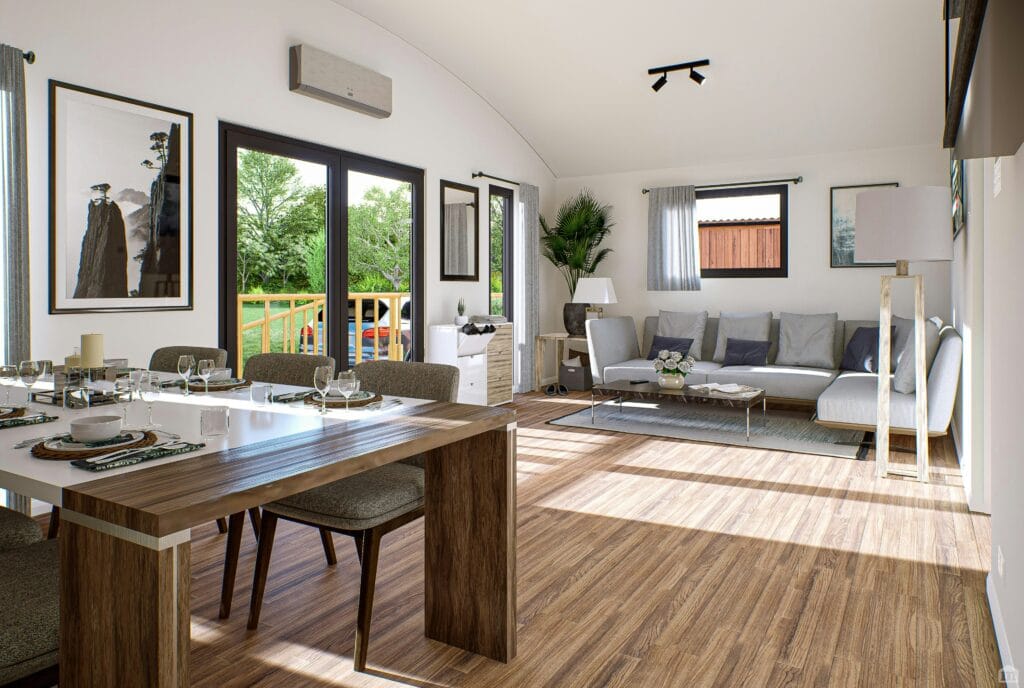Moving into a new house offers a unique opportunity to incorporate energy-efficient features from the outset. Creating a home that conserves energy is not only environmentally responsible but also financially rewarding. By making thoughtful choices and using innovative technologies, you can significantly reduce your energy consumption. Here are some key strategies to help make your new house as energy-efficient as possible.

1. Invest in Energy-Efficient Appliances
Modern appliances are much more energy-efficient than older models. When selecting appliances such as refrigerators, washing machines, and ovens, look for those with a high energy rating. These appliances use less electricity, which can significantly lower your energy bills over time. While the upfront costs may be slightly higher, the long-term savings and reduced environmental impact make it worthwhile.
2. Incorporate Renewable Energy Sources
Integrating renewable energy systems is an excellent way to power your home sustainably. Installing solar panels is one of the most effective methods. Companies like All Seasons Energy provide high-quality solar panel solutions, allowing you to harness the sun’s power to generate electricity. By doing so, you can reduce or even eliminate your reliance on the national grid, which can result in significant savings. Additionally, you may benefit from government incentives that support the adoption of renewable energy.
3. Opt for Smart Home Technology
Smart home devices can optimise energy usage by allowing you to control heating, lighting, and appliances remotely. Smart thermostats, for example, learn your daily routines and adjust the heating accordingly, ensuring your home is warm when needed and conserving energy when it’s not. Smart lighting systems allow you to control lights through a smartphone app, ensuring that lights are only on when necessary.
4. Choose Energy-Efficient Lighting

Switching to LED lighting in your new home is a simple but effective way to save energy. LED bulbs use significantly less electricity than traditional incandescent or halogen bulbs and last much longer. Although they are slightly more expensive upfront, their longevity and efficiency make them a cost-effective option in the long run.
5. Install Energy-Efficient Heating and Cooling Systems
Heating and cooling account for a large portion of a home’s energy consumption. Consider installing an energy-efficient boiler or heat pump, which can provide effective temperature control with lower energy use. Radiant floor heating is another efficient option that provides even heat distribution and reduces energy waste.
6. Harvest Rainwater and Recycle Greywater
Water efficiency is also an important consideration. Installing rainwater harvesting systems can provide water for irrigation and non-potable uses, reducing your reliance on mains water. Greywater recycling systems can reuse water from baths, sinks, and washing machines for flushing toilets or garden use, further improving efficiency.
There You Have It
Making your new house energy efficient is a smart investment that benefits both the environment and your wallet. By focusing on renewable energy, smart technology, and efficient appliances, you can create a comfortable, eco-friendly home. Companies like All Seasons Energy can help you achieve these goals by providing cutting-edge solar solutions. Embracing these strategies will ensure your home is well-equipped for a sustainable future.

